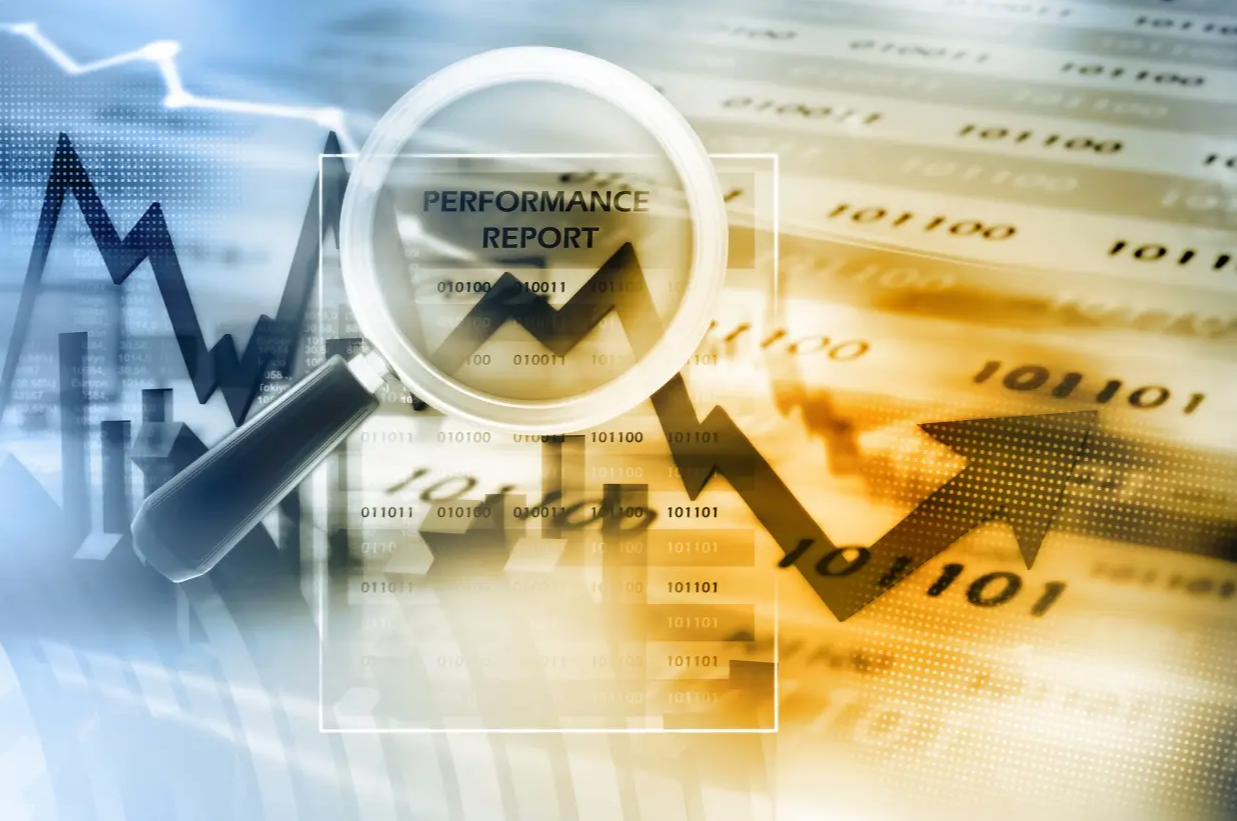Global Economy Impacts Investor Sentiment
Advertisements
The world we inhabit today is increasingly interconnected, with economic fluctuations occurring at a dizzying pace. Investors are continually confronted with waves of uncertainty, exacerbated by events like the COVID-19 pandemic that have altered the global economic landscape dramatically since 2020. The pandemic's chaotic aftermath, marked by supply chain disruptions and volatile financial markets, highlighted underlying instabilities in the economy—realities that had been brewing long before the far-reaching impacts of COVID-19 came to light. The intricate interplay of geopolitical tensions, evolving interest rates, advancements in technology, and international trade policies now serve to shape not only the markets but also the sentiment and strategies of investors everywhere.
To unravel the implications of these dynamics, one must first examine how geopolitical elements significantly affect investor confidence. In recent years, rising tensions between major global powers have created an atmosphere of unpredictability in markets. For instance, the ongoing conflicts and trade wars have made many investors wary, leading to a reevaluation of risk in regions under strain. The European Union's policy shifts have added to the complexity, forcing investors to rethink their strategies and positions. Even minor political shifts can trigger wide-ranging impacts, often resulting in marked fluctuations within stock markets. When geopolitical conflicts arise, particularly in nations where multinational companies operate extensively, long-term growth prospects become tenuous. This prompts investors to adopt more cautious, short-term viewpoints while reallocating their investments from volatile regions.

Moreover, the role of interest rates cannot be overstated. As pivotal tools in economic regulation, minor adjustments in rates can elicit dramatic market reactions. Central banks around the world—particularly, the U.S. Federal Reserve—play central roles in this realm. Since early 2022, the Fed's aggressive interest rate hikes have led to increased borrowing costs, thereby hindering corporate financing and dampening earnings expectations. High-growth sectors, especially technology, have felt immense pressure as these rising costs compress profit margins. During this high-interest environment, fixed-income products might seem more appealing to conservative investors seeking to shield themselves from equity market volatility. Understanding the delicate balance of interest rates and market behavior becomes crucial, particularly amid surging global economic uncertainty.
Parallel to these concerns, shifts in international trade policy have introduced notable variables into this intricate economic equation. Nations grappling with declining economic momentum often turn to protectionist measures, such as imposing tariffs to bolster domestic industries. Such policies can considerably disrupt the operations of multinational corporations, especially those reliant on smooth global trade flows. For countries thriving on exports, these trade adjustments can significantly affect company profitability. The effects are particularly acute in emerging markets, where varying governmental policies can create an unpredictable investment environment. Investors often pivot towards more stable markets, seeking refuge from the risks brought on by fluctuating trade practices.
Additionally, the cyclical nature of economies plays a role in shaping investor sentiment. Economic cycles typically encompass periods of expansion and recession. Investor confidence tends to thrive during expansions, as both corporate profits and consumer spending soar. Conversely, during recessions, that confidence is rapidly undermined, leading to shifts toward conservative investments. External influences—ranging from policy changes to global events—can exacerbate these cycles, as seen during the 2008 financial crisis which plunged the economy into recession. Such downswings often necessitate adjustments in investment strategies, compelling savvy investors to reevaluate their exposure to riskier assets.
The significant impact of advancements in technology adds yet another layer of complexity. As we find ourselves enveloped by rapid technological growth, innovators are finding ample opportunities ripe for investment. There is a burgeoning enthusiasm focused on sectors driven by technological breakthroughs—such as electric vehicles and renewable energy. However, such dramatic shifts can also accelerate the decline of more traditional industries, which creates further challenges in investor decision-making. The tech sector's inherent volatility may discourage some investors, although others persistently seek its promising returns. This underscores the necessity for investing caution; recognizing that the pursuit of high yields often comes hand-in-hand with considerable risks.
So how should investors navigate this tumultuous environment? Adapting investment strategies to align with the ever-evolving marketplace is imperative. Diversification remains a favored approach, distributing funds across an array of asset classes—stocks, bonds, real estate, and commodities—to mitigate risks. Continuous monitoring and analysis of market trends enable investors to respond effectively to shifts in the economic landscape, tailoring their strategies in real-time. For instance, in the face of heightened geopolitical uncertainties, enhancing allocations toward safe-haven assets, such as gold or government bonds, can function as a buffer against risk. Meanwhile, for individuals optimistic about technology, judicious investment in emerging tech sectors—while managing exposure—may yield favorable results.
The interplay between global economic changes and investor sentiment carries nuanced complexities that must be understood. Investors need to adopt a broader vision, allowing for foresightedness in these tricky circumstances. A well-structured approach to risk management combined with flexible investment tactics can ensure that even amidst market turmoil, one can navigate through and potentially unlock favorable investment returns. The capacity to adapt, analyze, and act decisively amid economic fluctuations is essential for meeting both short-term needs and long-term financial objectives.
Ultimately, the intricate relationship between global economic dynamics and investor confidence significantly influences how investors view their future opportunities. By staying attuned to ever-shifting global trends and policies, investors can devise savvy asset allocation and strategy adjustments well-suited for navigating the volatility that defines our current economic reality. It is only through diligent observation that investors may hope to chart a successful course through the unpredictable waters of modern finance.
Leave a comments